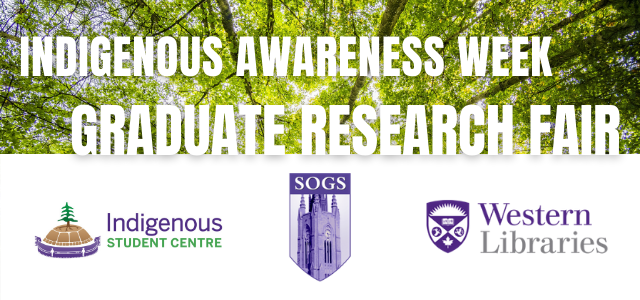
Primary Contact Email
vambtman@uwo.ca
Author Bio(s)
I am a PhD Candidate in Geography at Western University, focused on the geographies of Indigenous Health, under the supervision of Dr. Chantelle Richmond. My research is on relationships to traditional healing spaces within hospital contexts. I carry a graduate certificate in Health leadership from Royal Roads University (2017) and a B.A. in Native Studies from Trent University. I have been honoured with many academic awards including an Indigenous Mentorship Network Ontario Scholarship (2018 & 2019), OGS (2019), and am a Pierre Elliott Trudeau Doctoral Scholar (2019 – 2022). In 2020, I was the recipient of a Vanier OGS Doctoral Scholarship (2020-2023), and the Dr. Valio Markkanen Indigenous Graduate Student Award of Excellence (2019-2020).
Department
Geography and Environment
Engaging Indigenous community to improve healthcare environments: Is reconciliation within hospital spaces possible?
Keywords
Indigenous health, hospital, healthcare, spaces, traditional healing, mental health, geography
Abstract
This research employs a community-engaged methodology with the Centre for Addictions and Mental Health (CAMH) to examine 1) What are Indigenous [and non-Indigenous] peoples’ relationships to traditional healing spaces within hospital settings; and, 2) What do these spaces mean for health and healing among those who access these spaces? This topic bears important scholarly and policy relevance. Not only do Indigenous people suffer the poorest health outcomes in Canada, they also experience ongoing institutional and structural trauma, much of which is experienced in hospital environments. Indigenous realities of racism and differential access to care in Canadian healthcare institutions are unparalleled, such that hospitals have been described as unsafe spaces for Indigenous people.
Engaging Indigenous community to improve healthcare environments: Is reconciliation within hospital spaces possible?
This research employs a community-engaged methodology with the Centre for Addictions and Mental Health (CAMH) to examine 1) What are Indigenous [and non-Indigenous] peoples’ relationships to traditional healing spaces within hospital settings; and, 2) What do these spaces mean for health and healing among those who access these spaces? This topic bears important scholarly and policy relevance. Not only do Indigenous people suffer the poorest health outcomes in Canada, they also experience ongoing institutional and structural trauma, much of which is experienced in hospital environments. Indigenous realities of racism and differential access to care in Canadian healthcare institutions are unparalleled, such that hospitals have been described as unsafe spaces for Indigenous people.


